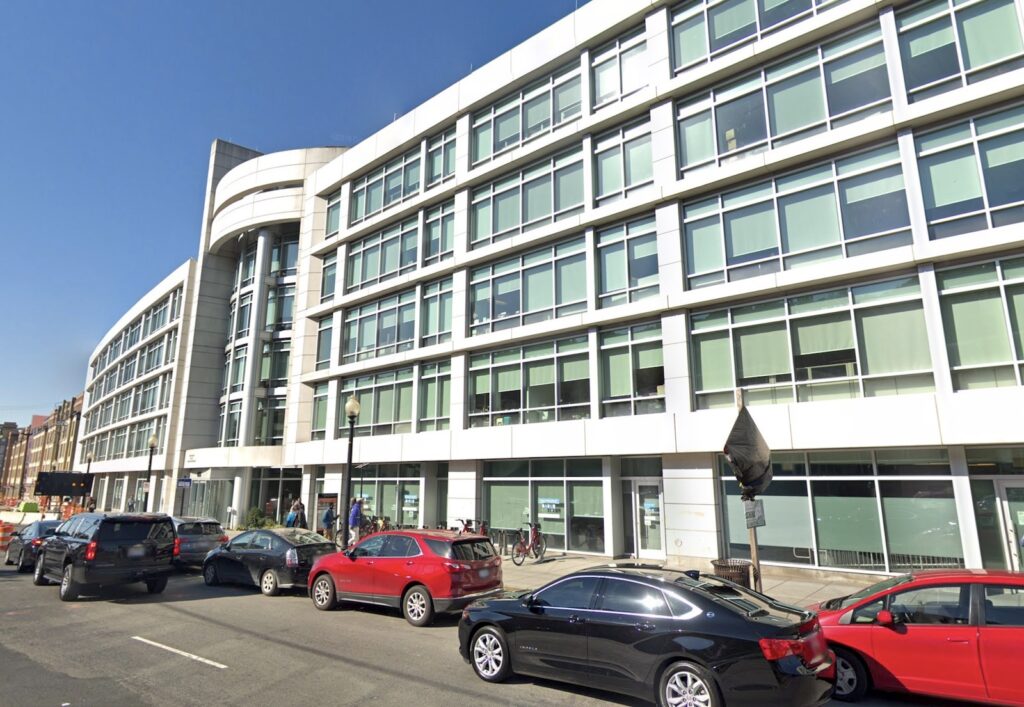More than a month after an ambitious living wage bill aiming squarely at large retailers died at the hands of a mayoral veto, local lawmakers are looking at broader legislation that would raise the minimum wage for all workers in the city.
Local nonprofits, businesses, labor organizations and working people appear anxious to weigh in. A total of 143 witnesses offered testimony on wages and earned sick leave at an Oct. 28 city council hearing.
There was a sense of urgency among living wage advocates present to finally pass sweeping legislation providing relief to the large number of “working poor” in the city.
And they found agreement from some on the council.
“The time for study is over. It’s time for action,” said Councilmember Vincent Orange, who led the hearing in his role as chair of the Committee on Business, Consumer, and Regulatory Affairs.
The pieces of legislation in question focus largely on a gradual increase of the District-wide minimum wage, set currently at $8.25. A bill introduced by Council member Orange would raise it in four steps to $12.50 by the year 2018. The “Living Wage for All” bill sponsored by Councilmember Tommy Wells would only lift it to $10.25 by 2015, but would demand “small business employer tax credits” on top to encourage hiring. The bills also include provisions to index the minimum wage to inflation in the following years to keep up with the rising cost of living.
Much of the hearing revolved around the questions already posed in the run-up to the “living wage bill” showdown in September: whether businesses would respond to wage increases with layoffs and reduced hiring, or if the increased buying power of low-wage workers would on the contrary boost the local economy. Councilmember Orange and many of the witnesses seem convinced the science on the benefits of a wage increase for the economy has been settled.
“The bulk of research on minimum wage suggests that we can do it without hurting the economy,” Ed Lazere of the DC Fiscal Policy Institute (DCFPI) testified. An average working household in the District pays as much as 69 percent of its income just for rent. Requiring employers to pay a living wage would “add buying power in low-income neighborhoods,” Lazere added. These insights were seconded by witness John Schmitt, senior economist at the Center for Economic and Policy Research, who added that more money in local employees’ pockets would keep potential tax revenue from “escaping” to areas outside DC.
A highly contentious point raised in the hearing is whether the minimum wage for tipped employees in restaurants and bars should be raised separately. That wage currently stands at $2.77 in DC. While the business and labor sides seem to agree that existing laws and regulations should be enforced and exploitative violators detected and penalized, they disagreed widely about the overall benefits and risks of the current tip system.
Witnesses for the business side insisted that restaurant employees make the minimum wage of $8.25 after tips easily. Testifying on Monday, Andrew Kline of Veritas, a local business law firm, said that the tip system was “something to be applauded,” since it allows workers to translate hard work into higher hourly income directly. “It represents the American Way,” he added. On the other hand, business advocates argued that a wage increase would translate into higher prices and would deter customers from tipping, therefore taking away the incentive for employees to excel at their jobs.
Proponents of an increase contended that the tip system is broken. They argued that tipping requires customers to make up for the extremely low wage standards in the restaurant business instead of rewarding good service with their gratuities. “The fall in the tipped worker minimum wage relative to the full minimum wage means that the balance of who pays servers has shifted over time from owners to patrons,” Ed Lazere of the DCFPI said.
The low tipping wage also translates into a morale problem among the workforce. Witness Betty Woodward, DC resident and restaurant employee, claimed in her testimony that at $2.77, a worker is expendable in the eyes of an employer. In turn, a worker may well “start acting like you’re nothing,” to the detriment of the business. “If you are nothing to them, they are nothing to you,” Woodward underlined. To deal with these issues, Lazere said, the DCFPI “recommend[s] increasing the tipped worker minimum wage and setting it as a percentage of the full minimum wage,” which would help boost the workers’ self-worth while retaining the chance for customers to reward them by tipping.
Wage increases were not the only measures discussed at the hearing. Councilmembers and witnesses also addressed the extension worker protections to include tipped employees. The “Earned Sick and Safe Leave Act” introduced by Councilmember Marion Barry would “expand the definition of employees protected” by measures guaranteeing paid and sick leave.
During the hearing, violations against such guarantees on the part of employers received strict scrutiny. Many witnesses complained that they were afraid to stay home when they were sick, went to work sick anyway, or faced harassment by their employers if they had been on sick leave, even though heightened hygiene standards in restaurants should call for and encourage responsible behavior. Councilmember Barry announced that the District government would “get to the bottom” of such major violations of existing regulations.
Towards the end of the hearing, Councilmember Orange expressed a lingering doubt the countless testimonies did not seem to have eliminated – namely that no matter how high the minimum wage would be raised, or what additional regulations put in place, a lack of strict enforcement of these laws would render the effort ineffective in the end. But the overall message remained clear: the “train” of new minimum wage legislation “has left the station,” as Councilmember Wells said, adding: “The Council is going to act.”







